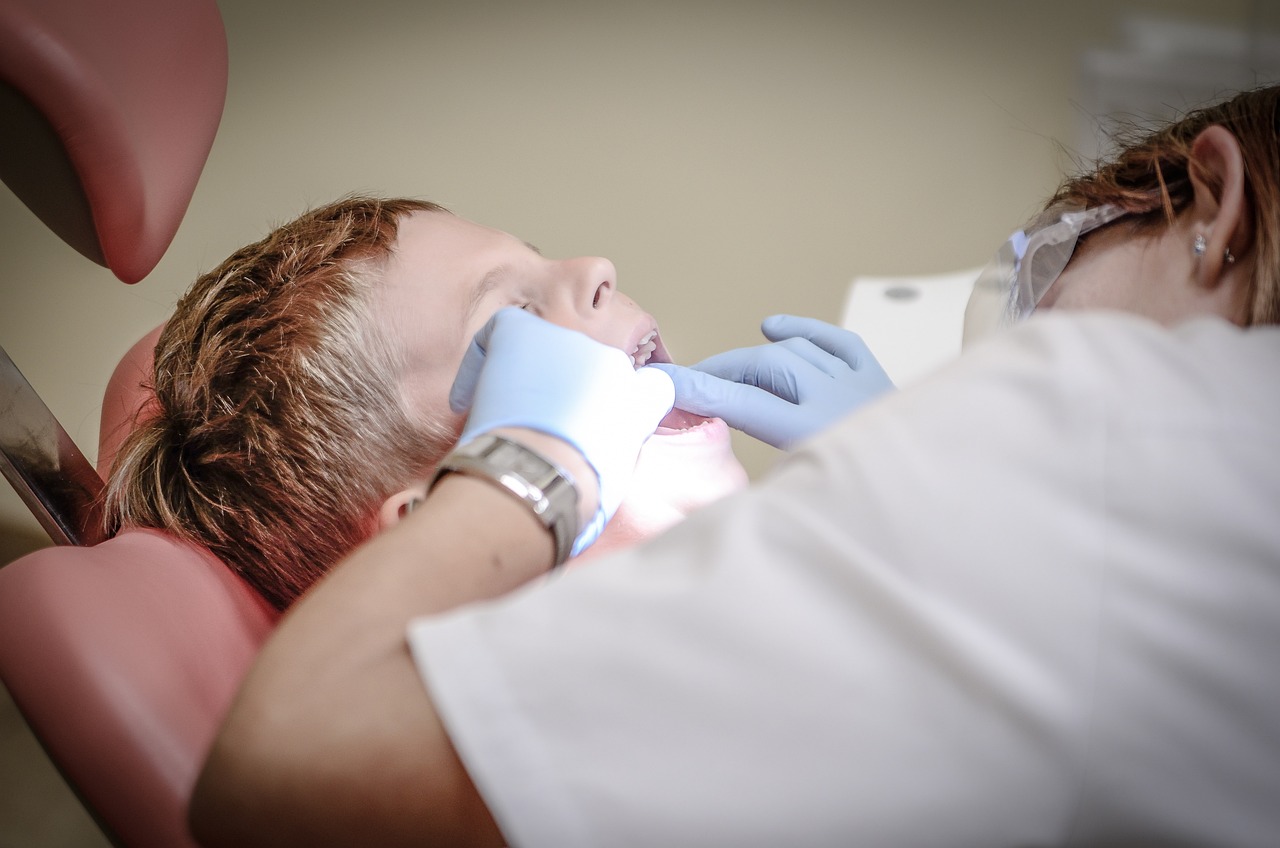Dental ankylosis involves adhesion and abnormal fusion of two bones, causing stiffness and immobility of the joint that connects them. In the case of teeth, they are not directly attached to the jaw but fastened to it with the help of tissues and ligaments. Sometimes, the ligaments and tissues disappear and the tooth is fused directly to the jaw causing what is known as tooth ankylosis and preventing both development and tooth movement.
The Causes
Factors that can trigger the development of dental ankylosis may include the following;
Infection of tooth and jawbone
Abnormality in bone metabolism particularly of the jaw
Heredity
The constant pressure of the tongue on the teeth
Formation of space between tooth surrounding membranes
The Symptoms
This condition produces no symptoms and is usually discovered when the dentist performs a scan of your teeth:
The affected tooth remains covered in comparison with the adjacent tooth.
The permanent tooth is blocked when primary teeth are fused to the jawbone.
Misalignment of the upper and lower teeth
The Diagnosis
It can affect both the primary dentition (baby teeth) and the permanent and may affect the tooth or teeth. Usually, baby teeth begin to fall at the age of seven or eight years; in the case of dental ankylosis and formed joint with the jawbone, it prevents the tooth from falling as well as the emergence of a permanent tooth, and this can only be assessed by performing a radiograph and the examination by a dentist.
The Treatment
Recommended treatment is the removal of an ankylosed tooth to ensure the development and emergence of a permanent one while surgery can expose new emerging teeth besides preservation and repositioning.
If dental ankylosis affects a permanent tooth, it is not necessary to take any action. If it is a baby tooth, ankylosed teeth extraction is necessary so that the permanent tooth can emerge properly in its natural position.
In some cases, a space maintainer is placed and a few cases may require orthodontics to get a good alignment of the teeth.
Since dental care is a highly sensitive matter, it demands regular inspection by your dentist and you must not show carelessness in any way to avoid future dental hazards.

